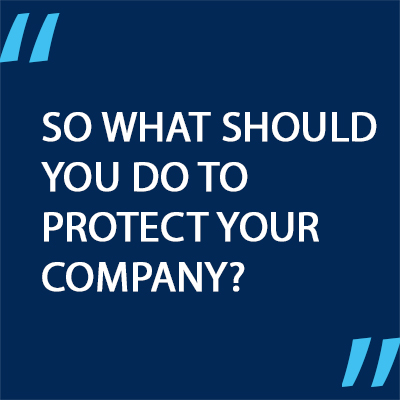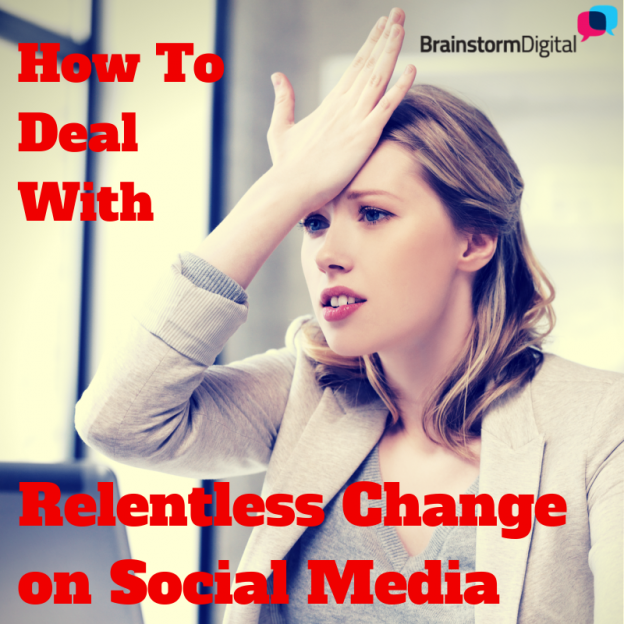
Until a few years ago, I was an avid cook.
I absolutely loved rustling up a meal on the weekend for a dozen of our closest friends…. It wasn’t exactly Masterchef, but it was pretty decent grub.
At some point, I decided to collect all my best recipes.
I found a website, tastebook.com, which printed recipe books, and over a few months, uploaded all my favourites. And not just my own. I got my relatives to send me my late mother and grandmother’s recipes, including my grandmother’s home-made pickles, and my mother’s plum cake – both of which immediately conjure up childhood for me.
I spent hours writing little blurbs about each recipe, explaining what each family heirloom meant to me. A bit of an amateur photographer, I even included pictures of our young family enjoying the food.
This massive project took me months.
When the damn thing finally got printed, I was sure that one day I would print copies for my children, too. I also felt confident that if the cookbook got too dirty or I wanted any updates, I could reprint it because it was stored online.
Fast forward a few years. Work got busier and I stopped cooking quite as much, so I didn’t really have occasion to revisit tastebook.com.
Then last week, on a whim, I did.
Imagine my horror when I discovered that tastebook.com was no more – at least not in the incarnation I knew it. It is now a pretty standard food blog.
All my recipes, carefully curated over months? Gone.
Apparently, the website simply disappeared around 18 months ago. The Internet is full of stories from other angry customers whose recipes vanished overnight as well.
Why am I telling you all this? Because there’s an important lesson here for anyone marketing their company online.
Most of our marketing takes place on third-party websites. We build Facebook and LinkedIn company pages, and advertise on various social media sites and on Google.
It’s easy to feel like we “own” our little corner of these platforms, and that nothing and no one can take them away from us.
But we don’t, and they can.
It doesn’t matter if you have 100 Facebook followers or 100,000. If Facebook decided to deny you access to them tomorrow, it could —- and it wouldn’t matter how much you paid to get these followers. There would be nothing you could do about it.
It also doesn’t matter how successful your Facebook advertising is. If Facebook changes its advertising rules in a way that is detrimental to you, you have no comeback. You have no control over the platform; It’s not yours.
This is not theory. It’s happened before. For example, several years back Facebook changed its algorithm, so that all of a sudden posts on your company page were much less likely to be seen by your followers.

Overnight, many companies that had based their entire marketing strategies around those pages found their marketing crippled.
As for Google, in 2016 it suddenly completely changed the way Adwords were displayed, forcing many companies to change their advertising strategies overnight.
So what should you do, to protect your company?
First, never put all your eggs in one basket. You must never be completely reliant on one platform for all your marketing, because if the rules change drastically, you are vulnerable.
Second, understand that there are two platforms which you do wholly own, and which you completely control: Your website and your email list. This makes them extremely valuable. Invest in both.
Last but not least, where possible, export data. So, for example, regularly download your list of LinkedIn contacts. Make sure that you have copies of all your Facebook ads, and independent records of how they performed.
Tastebook disappeared, but at least I still have the printed cookbook. It’s not all I wanted, but I have something to show for all that work.
Just make sure that if the worst happens to your company’s social media accounts, you’ll have something to show too. Don’t get burned, like I did.






